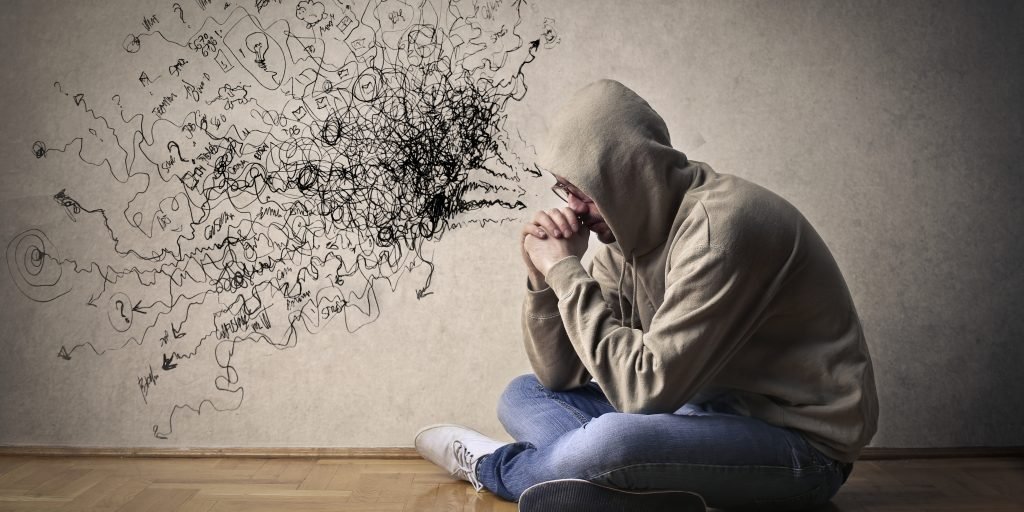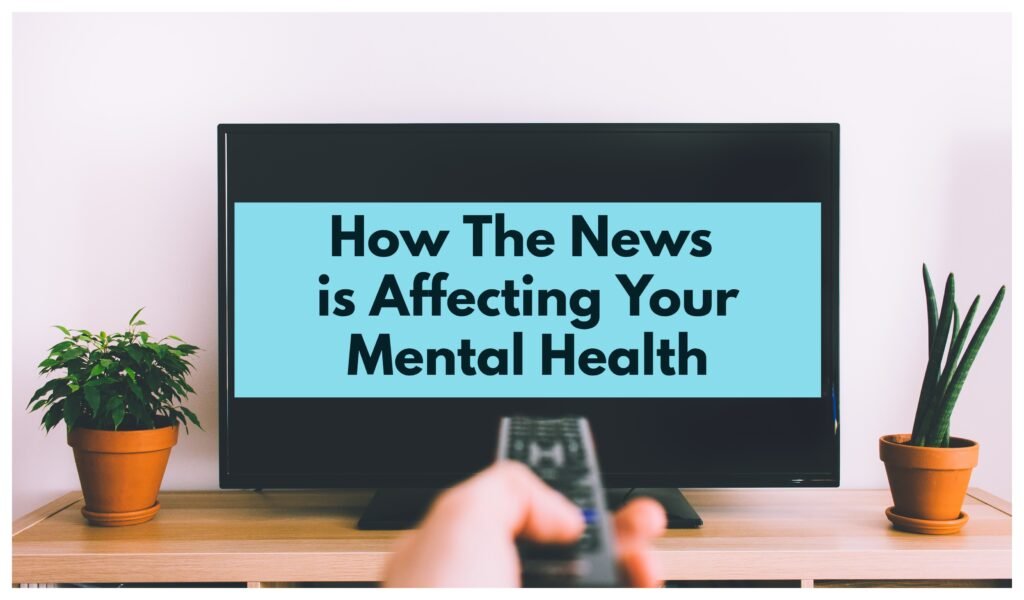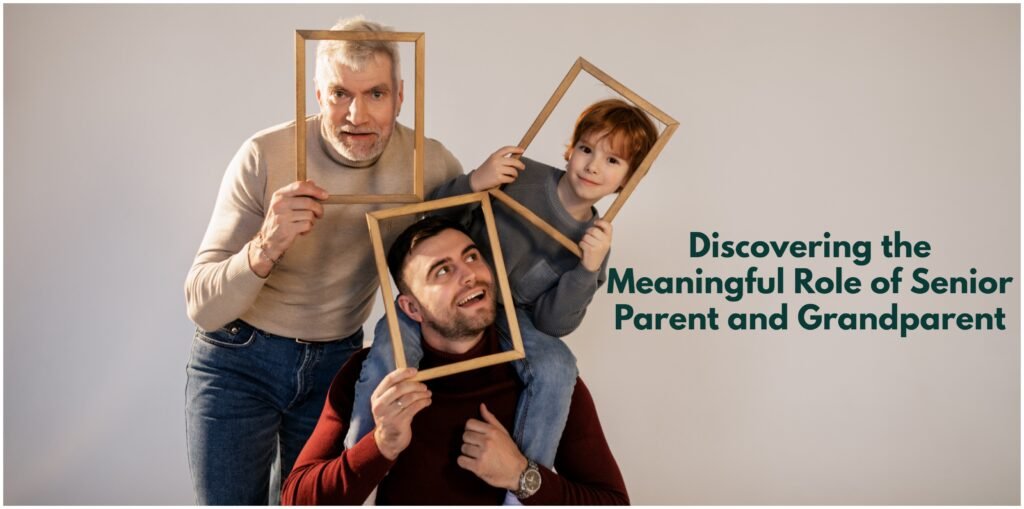Overcoming the Negativity Bias: Strategies for a Brighter Outlook

Why does one negative comment stick in our heads longer than ten compliments? The answer lies in what psychologists call the negativity bias — our brain’s natural tendency to focus more heavily on bad news, critical feedback, or unpleasant experiences than positive ones.
As Verywell Mind explains, this bias is more than just being “pessimistic.” It’s rooted in evolution, with our ancestors literally depending on their ability to notice dangers to survive.
Decades of research show that we aren’t just more likely to remember negative moments — we relive them more vividly too. Whether it’s recalling an embarrassing slip from years ago or replaying a single critique in an otherwise glowing performance review, the negative often overshadows the positive.
As clinical psychologist Dr. Monica Johnson, who reviewed the article, underlines: “We feel the sting of a rebuke more powerfully than we feel the joy of praise.” That quote perfectly captures what makes negativity bias not just fascinating, but very human.
Nobel Prize–winning research has revealed that people are more motivated by avoiding loss than by pursuing gain. Simply put: losing $20 hurts more than the excitement of finding $20. This mindset even influences politics, where studies suggest some groups are more prone to perceiving stimuli as threatening, thus shaping ideological differences.
Still, here’s the good news: we’re not helpless against our hardwired negativity. The article offers strategies to balance the mental scales — like stopping negative self-talk before it spirals, reframing situations to see both sides, consciously savoring positive moments, and redirecting attention with uplifting activities. It’s less about pretending problems don’t exist and more about giving joy and success their rightful spotlight.
So why does this matter today? In a world where we’re inundated with “bad news” notifications, social media comparisons, and workplace stress, understanding negativity bias isn’t just academic — it’s practical self-care. By recognizing when your brain gives more weight to a minor mishap than to major accomplishments, you can take control and protect both your confidence and relationships.
The takeaway: negativity bias is a quirk of human wiring, not a personal failing. And with awareness, you can train your brain to notice the good just as strongly as the bad.
Check out the full article for strategies and insights: Verywell Mind – What Is the Negativity Bias?.





